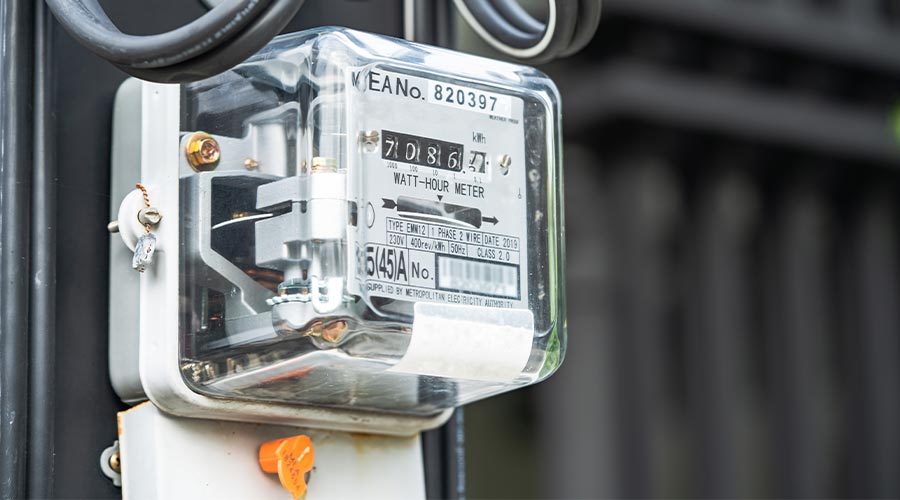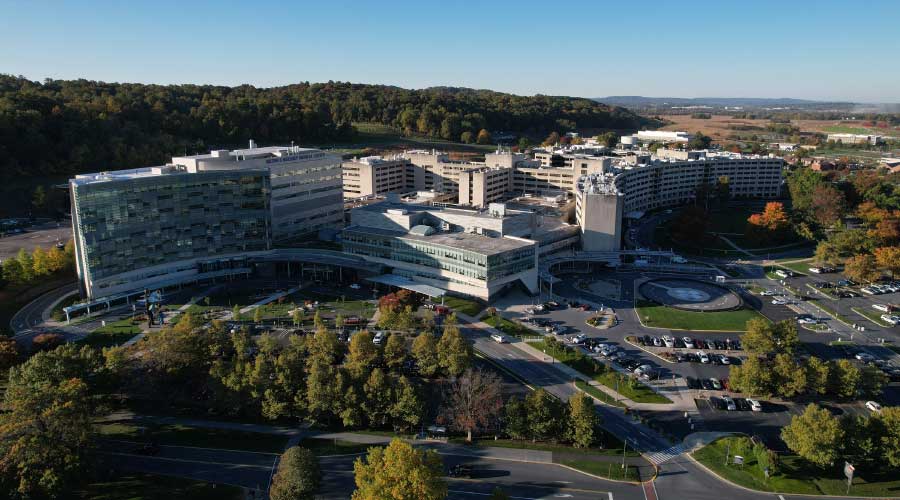Backup Power Requirements Depend on Facility's Function
Each organization has different requirements for power backup based on the critical functions in its facilities. The tolerance each can withstand in unforeseen power outages and fluctuations varies with their operational requirements.
For example, an emergency-operation center is a central-command facility responsible for carrying out emergency or disaster-management operations in a disaster or power outage. Such a facility has the greatest need for reliability to maintain public safety through communications. A combination of UPS systems and generators can ensure uninterrupted power to the operation and critical equipment.
By comparison, a data center is a critical facility that requires a high level of power reliability driven by revenue. Such a facility typically spends the money for a redundant, reliable UPS and backup-power system to protect companies from revenue losses directly resulting from the loss of power.
As power use and energy costs continue to escalate and the scale of data centers grows, new-generation technologies, such as flywheel UPS systems, become a viable alternative to batteries if a solid backup, on-site generation system exists.
Finally, standard offices typically are low-risk facilities. A power outage might be an annoyance but does not put people or company revenues at risk. A UPS normally provides minimal capacity and battery duration for a quick, soft system shutdown.
Michael Newbury — mnewbury@sparling.com — is a principal at Sparling, an electrical engineering and technology consulting firm with offices in Seattle, Portland, and San Diego.
Related Topics:













